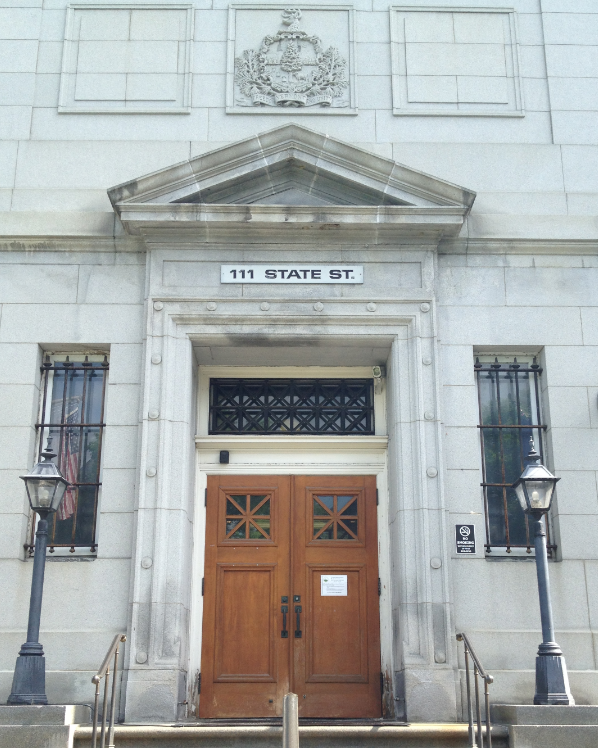DOOLEY, J. Defendant appeals the decision of the superior court, which held that evidence seized by federal border patrol agents in compliance with the Federal Constitution and federal border patrol policies may not be suppressed based on an alleged violation of Article 11 of the Vermont Constitution when offered by the State in a state prosecution. We affirm.
The U.S. Border Patrol maintains a checkpoint in Hartford, Vermont, south of the intersection of highways I-91 and I-89 and approximately ninety-seven miles south of the Canadian border. Federal courts have theoretically validated checkpoints up to one hundred air miles from the physical border of the United States. Since the constitutionality of the Hartford checkpoint under the Fourth Amendment is not before us, we assume without deciding that the Hartford checkpoint meets the criteria for the “functional equivalent” of the U.S. border.
We find this case to be squarely controlled by our precedent in State v. Coburn, 165 Vt. 318, 683 A.2d 1343 (1996). The key holding of Coburn is that “the Vermont Constitution does not apply to the conduct of federal government officials acting under the exclusive federal authority to safeguard the borders of the United States.” Id. at 325, Where Article 11 does not apply, it also does not provide the remedy of the exclusionary rule. Defendant’s motion to suppress was therefore properly denied.
We stress that we have not reached the question of whether, if the roadblock had been established by state officers, or if state officers had used the dog or searched the backpack, the search would have complied with Article 11. We hold only that this border search by federal officers, conducted in compliance with the Fourth Amendment as acknowledged by defendant, cannot be challenged under Article 11
We find this case to be squarely controlled by our precedent in State v. Coburn, 165 Vt. 318, 683 A.2d 1343 (1996). The key holding of Coburn is that “the Vermont Constitution does not apply to the conduct of federal government officials acting under the exclusive federal authority to safeguard the borders of the United States.” Id. at 325, Where Article 11 does not apply, it also does not provide the remedy of the exclusionary rule. Defendant’s motion to suppress was therefore properly denied.
We stress that we have not reached the question of whether, if the roadblock had been established by state officers, or if state officers had used the dog or searched the backpack, the search would have complied with Article 11. We hold only that this border search by federal officers, conducted in compliance with the Fourth Amendment as acknowledged by defendant, cannot be challenged under Article 11
